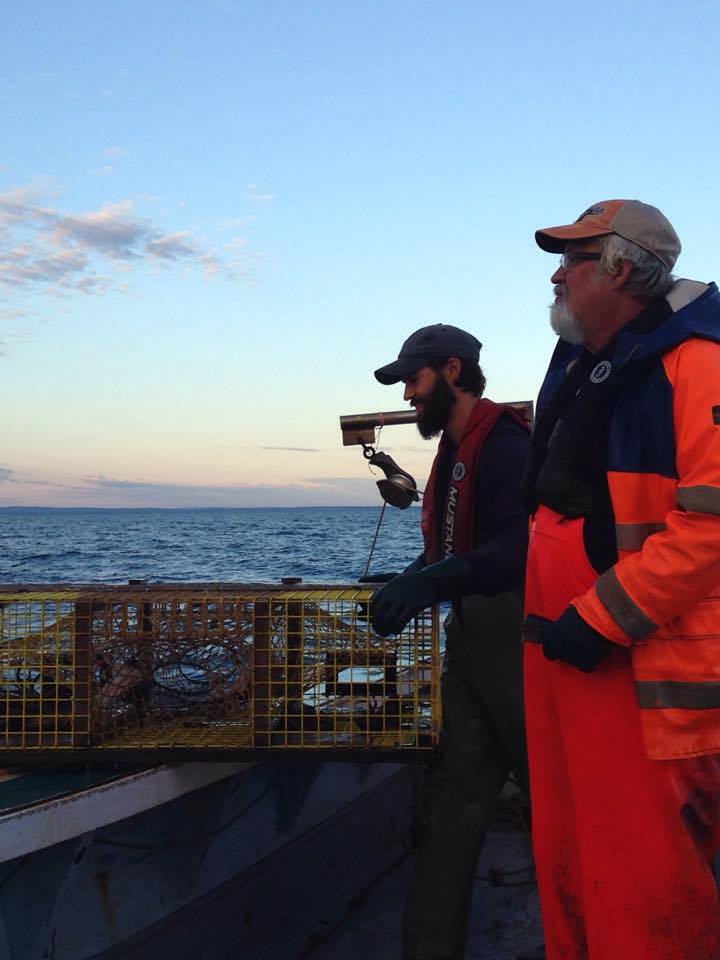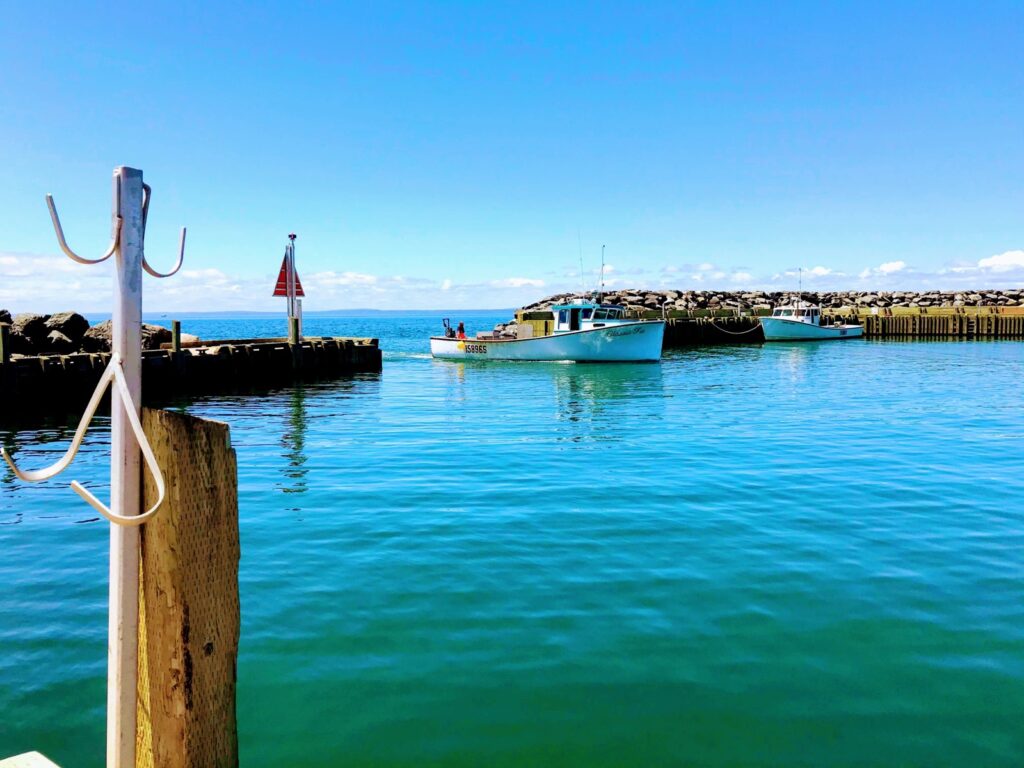Jason Rankin, President of Asadalia Fisheries Ltd., likes to improve things. After earning a degree in environmental engineering at Dalhousie, he joined the Royal Canadian Navy, where his specialty was navigation. Now retired from the navy, he has returned to his fishing heritage. Five years ago, he began lobster fishing out of Pictou with his father. Since then, Jason has taken over his father’s lobster licence and become captain of his own vessel.

“I love fishing. I love the tradition passed down from my grandfather, and I love being out on the water,” he says. “But I didn’t like the pollution of the vessel – the diesel engine that’s running 10 hours a day while we’re fishing. In my mind, it’s a better fit to have an electric engine that is only running when you want it to. That’s an energy savings right there. I see this as a viable option for the fishing industry.”
With the help of a loan from the Fisheries and Aquaculture Loan Board, plus support from the provincial government and a major grant from the federal government’s Fisheries and Aquaculture Clean Technology Adoption Program, Jason is having a used fishing vessel retrofitted to become one of Canada’s first hybrid/electric fishing vessels. A battery-powered electric motor will drive the shaft. A diesel generator will recharge the batteries, with secondary power from solar panels.
“People from the Loan Board were the first government officials I talked to, and they were very encouraging,” he says. “Even when my questions were difficult, they were quick to answer. They’ve been great. I probably couldn’t have done this project without them.”
The vessel is at the shipyard in Dartmouth, and the batteries are scheduled to be installed in mid-May. “We’re hoping to have it in the water to be tested in June, so this summer I should have it in my hands,” Jason says.
The fibreglass vessel is Northumberland Style, narrower and lighter than the Cape Islanders typically used in other parts of Nova Scotia. “That’s a plus to retrofitting a Northumberland vessel,” he adds. “It’s more efficient in the water and uses less energy.”

The reaction he’s had from other fishermen has been positive but skeptical, he says. That’s partly because the current technology is not yet ready for all types of fishing and fishing vessels.
“Where I fish, out of Pictou, it’s an inshore fishery and we do a daily operation. It’s the same around PEI and Cape Breton,” he says. “In the South Shore, where they’re 40 miles offshore, the energy storage and power aren’t there yet. But I think it’s inevitable that all fishing boats will be electric or a hybrid system someday, especially as more stringent environmental regulations come in. The fishermen I’ve talked to are interested, because this is helping to protect their livelihood.”
